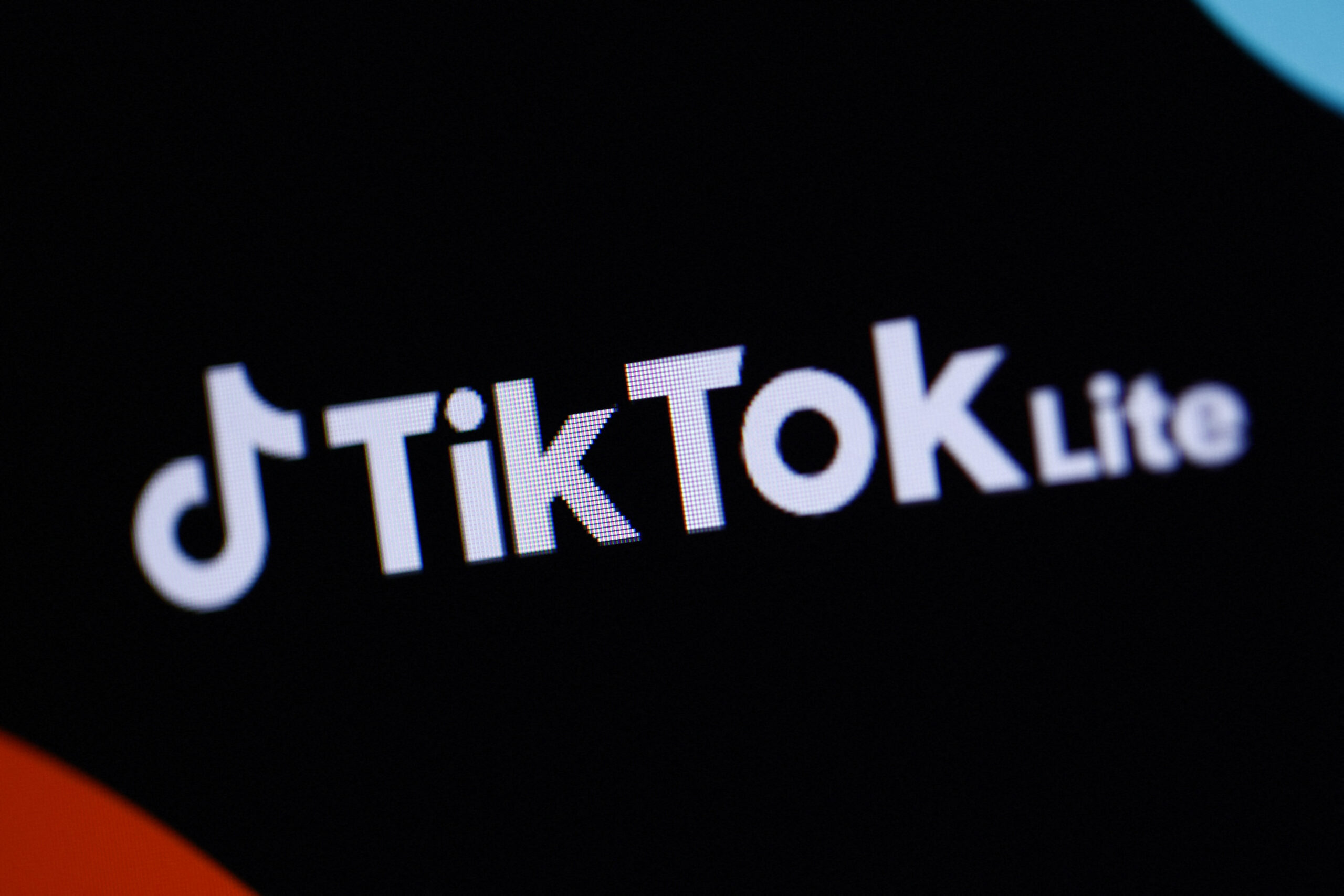
The European Union has initiated a second formal investigation into TikTok on Monday, April 22nd, focusing on the recently introduced TikTok Lite app.
The probe addresses concerns that the app, which offers a “task and reward” system potentially harmful to users’ mental health, violates the Digital Services Act (DSA). This legislation governs online platform operation and content moderation within the EU.
This investigation follows an ongoing broader probe into TikTok’s compliance with the DSA, which began in February. The initial investigation covers a variety of issues including the protection of minors, advertising transparency, and the handling of data and addictive content.
TikTok Lite’s Controversial Features
TikTok Lite, which debuted earlier in the month in France and Spain, features a mechanism where users can accumulate points by engaging with content. These points can be redeemed for items like Amazon gift vouchers or TikTok’s digital currency.
The European Commission is specifically troubled by the possibility that this system promotes addictive behavior among young users. The investigation will concentrate on whether TikTok conducted a required risk assessment concerning the mental health impacts of its “Task and Reward Lite” program before the app’s launch.
Compliance and Penalties Under Scrutiny
According to EU regulators, ByteDance, the parent company of TikTok, did not provide the necessary risk assessment documentation by the set deadline, leading to suspicions of a breach of the DSA.
The EU’s stringent regulations under the DSA apply to major platforms, demanding proactive identification and mitigation of systemic risks.
Potential penalties for the lack of submitted risk assessment could include:
- Fines reaching up to 1% of ByteDance’s total annual income or worldwide turnover.
- Periodic penalties that could amount to up to 5% of average daily income or worldwide annual turnover.
TikTok’s Defense
In response to the EU’s actions, TikTok expressed disappointment, noting that the TikTok Lite rewards hub has age restrictions and daily limits on video-watching tasks. Despite this, the company has been criticized for what the EU perceives as inadequate age verification mechanisms.
EU Commissioner Thierry Breton has articulated strong concerns about the potential dangers of platforms like TikTok Lite, comparing its effects to those of light cigarettes. He stressed the need for TikTok to demonstrate the app’s safety to avoid severe interim measures, including suspension, underlining the EU’s readiness to protect young users from digital harms like addiction and reduced attention spans.
As the deadline approaches for TikTok to defend its app’s compliance, the outcome of these investigations could have significant implications for the company and the regulatory landscape of digital services within the EU.
Related News:
Featured Image courtesy of KIRAN RIDLEY/AFP via Getty Images
